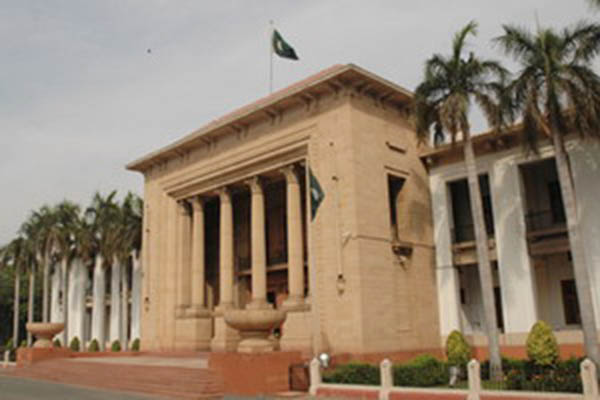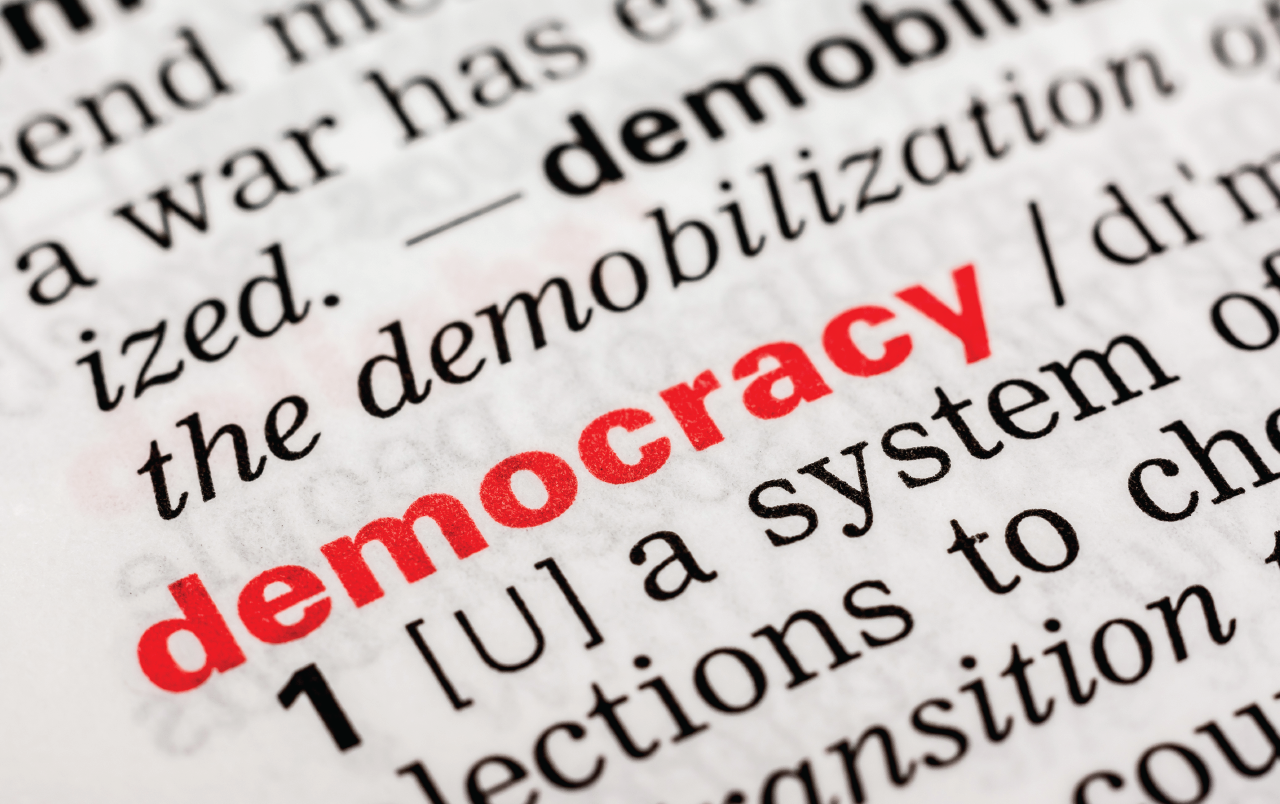Barrister Ahmed Qazi
Police reform in Pakistan is a complex and multifaceted endeavour, fraught with challenges and marked by differing perspectives among stakeholders. The central objectives of these reforms revolve around enhancing the responsiveness, professionalism, and accountability of the police force, ensuring their effectiveness in safeguarding the rights and interests of the citizens.
Core Objectives of Police Reforms:
- Responsive and Rights-Focused Policing: To bridge the gap between the police and the citizenry, particularly marginalized groups, by adopting a citizen-centric approach that respects and upholds their rights.
- Professionalism and Capacity Building: To foster a professional and competent police force through comprehensive training, adequate equipment, resource allocation, merit-based recruitment, and promotion practices.
- Oversight and Accountability Mechanisms: To strengthen oversight and accountability mechanisms through the establishment of independent institutions that investigate, monitor, and address complaints of police misconduct, corruption, and human rights violations.
- Operational Autonomy and Functional Independence: To reduce political interference and influence on the police by ensuring their operational autonomy and functional independence from the executive branch, shielding them from undue pressure from influential individuals or groups.
Major Initiatives and Challenges:
- Police Order 2002: Introduced as a comprehensive reform package, the Police Order 2002 aimed to decentralize, depoliticize, and democratize the police system. However, implementation was hindered by lack of political will, resistance from vested interests, legal challenges, administrative hurdles, and financial constraints.
- 18th Constitutional Amendment 2010: This amendment devolved power from the federal to the provincial level, including law and order, granting provincial governments more autonomy over their police forces. However, this also created inconsistencies in legal frameworks and operational standards across provinces.
- National Internal Security Policy 2014-2018: Recognizing the police’s role in countering violent extremism, this policy proposed measures to enhance coordination, capacity, and intelligence-sharing among law enforcement agencies.
- National Action Plan 2015: Launched in response to a deadly terrorist attack, this plan included police reform measures such as strengthening counterterrorism units and reforming the criminal justice system.
Enduring Challenges:
- Political Consensus and Commitment: The lack of political consensus and commitment among different parties and leaders poses a significant obstacle to effective police reform. Political actors often prioritize their own interests over the public good, hindering meaningful progress.
- Public Trust and Confidence: Public perception of the police as corrupt, abusive, inefficient, or biased undermines their ability to effectively serve the community. Restoring public trust is crucial for successful police reform.
- Resource Constraints: Inadequate resources, including staffing, training, equipment, funding, and infrastructure, hamper the police’s ability to perform their duties effectively. Addressing these resource gaps is essential for improvement.
- Inter-agency Coordination: Lack of coordination and cooperation among law enforcement agencies at federal and provincial levels, as well as between civil and military authorities, leads to duplication of efforts, information gaps, and jurisdictional conflicts. Enhancing coordination is critical for effective policing.
Moving Forward: A Path to Effective Policing:
- Political Will and Consensus: Political parties and leaders must demonstrate a genuine commitment to police reform, prioritizing the public’s well-being over political agendas.
- Community Engagement and Trust Building: Engaging with communities to understand their concerns and perspectives is essential for building trust and fostering a sense of partnership between the police and the public.
- Resource Allocation and Infrastructure Development: Investing in adequate staffing, training, equipment, funding, and infrastructure is crucial for enhancing the police’s capacity to fulfill their duties effectively.
- Strengthening Oversight and Accountability: Establishing and empowering independent oversight mechanisms to investigate, monitor, and address police misconduct, corruption, and human rights violations is critical for ensuring accountability.
- Inter-agency Coordination and Collaboration: Promoting effective coordination and collaboration among law enforcement agencies at federal and provincial levels, as well as between civil and military authorities, is essential for addressing complex security challenges.
Please, subscribe to the monthly magazines of republicpolicy.com
The constitutional perspective of police reforms in Pakistan, especially after the 18th amendment, is a complex and contested issue. The 18th amendment passed in 2010, abolished the concurrent legislative list and devolved many subjects, including criminal law and procedure, to the provinces. This meant that the provinces gained more autonomy and authority to legislate and administer their own police forces. However, the 18th amendment did not explicitly mention the word ‘police’ or clarify its status as a federal or provincial subject. This created ambiguity and confusion about the constitutional and legal framework of policing in Pakistan.
One of the main challenges of police reforms in Pakistan is the lack of consensus and coordination between the federal and provincial governments on the role and structure of the police. The federal government still retains some control over the police through the Police Service of Pakistan (PSP) cadre, which is a part of the civil service and is recruited and trained by the federal government. The PSP officers are posted as provincial police chiefs and senior officers in the provinces, but they can be transferred or removed by the federal government at any time. This undermines the provincial autonomy and accountability of the police.
Another challenge is the diversity and inconsistency of the policing laws across the provinces. After the 18th amendment, the provinces were free to adopt, amend, or repeal the existing police laws, which were mostly based on the Police Order 2002, a federal law that aimed to introduce some reforms in the police system. However, the provinces have taken different approaches to their policing laws, resulting in a patchwork of legal regimes that vary in terms of the organizational structure, functions, powers, and accountability mechanisms of the police. For example, Khyber Pakhtunkhwa repealed the Police Order 2002 and enacted its own Police Act 2017, which introduced some progressive features such as the establishment of an independent police complaints authority and an alternate dispute resolution system. On the other hand, Punjab and Sindh amended the Police Order 2002 and retained some of its controversial aspects, such as the political interference and influence in the appointment and removal of the provincial police chief and the operational control of the police.
A third challenge is the lack of implementation and enforcement of the existing police reforms and laws. Despite the constitutional and legal changes, the police in Pakistan continue to face many problems and challenges, such as human rights violations, corruption, politicization, lack of resources, capacity, and professionalism, and low public trust and confidence. The police reforms and laws have not been fully implemented or enforced due to various factors, such as the resistance and opposition from the vested interests, the lack of political will and commitment, the weak oversight and accountability mechanisms, and the low awareness and demand from the public.
Therefore, the constitutional perspective of police reforms in Pakistan, especially after the 18th amendment, is not clear-cut or straightforward. It involves multiple actors, interests, and dynamics at the federal and provincial levels, and requires a holistic and coordinated approach to address the legal, institutional, and operational challenges of the police. The 18th amendment has opened up new opportunities and spaces for the provinces to exercise their autonomy and authority in policing matters, but it has also raised new questions and issues that need to be resolved through dialogue, consultation, and cooperation.
Lastly, police reform in Pakistan is a continuous process that requires sustained political will, community engagement, resource allocation, and a commitment to oversight and accountability. By addressing the enduring challenges and embracing these principles, Pakistan can move towards a more effective, responsive, and accountable police force that serves the interests of all citizens.
Please, subscribe to the YouTube channel of republicpolicy.com














